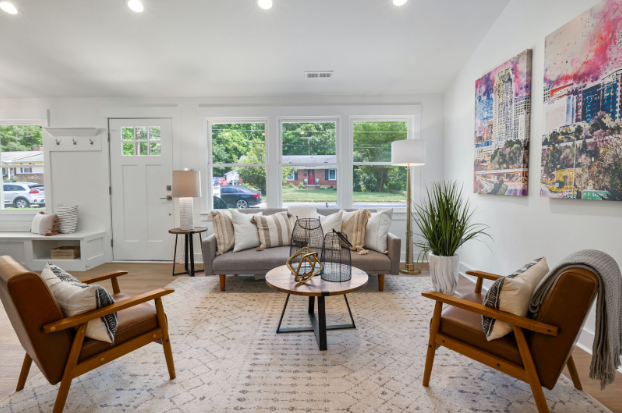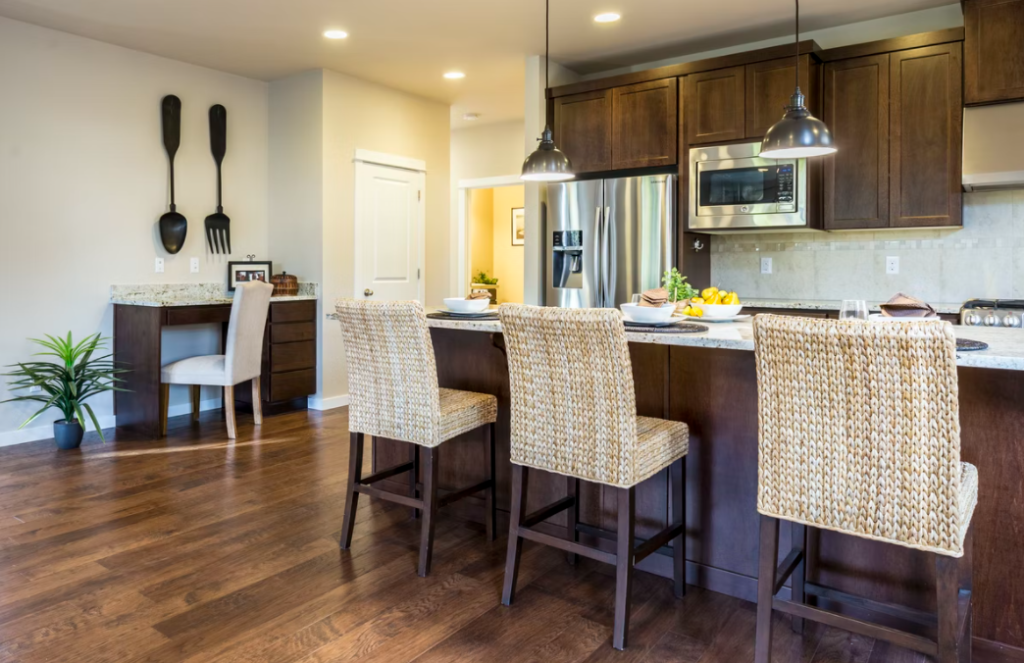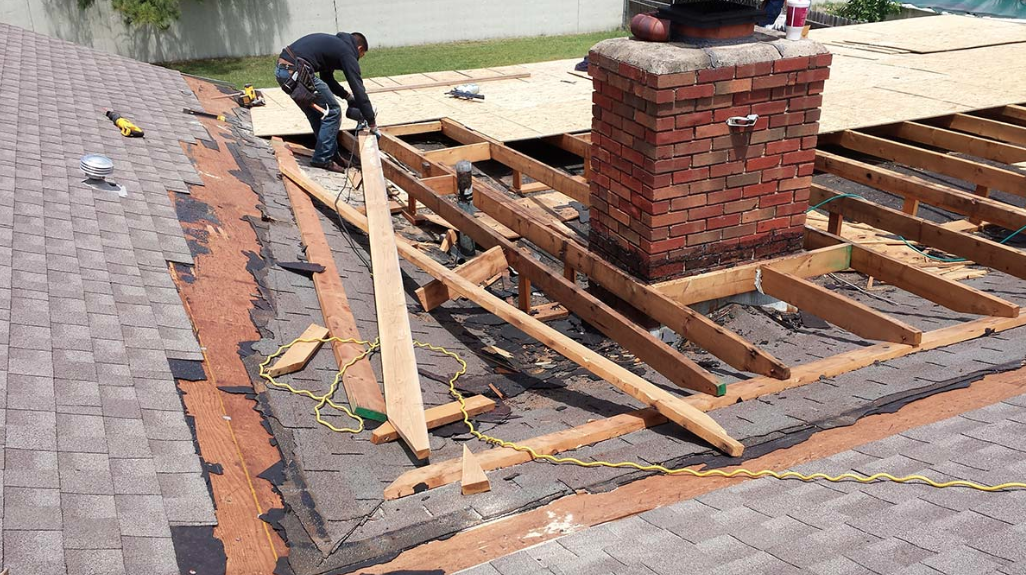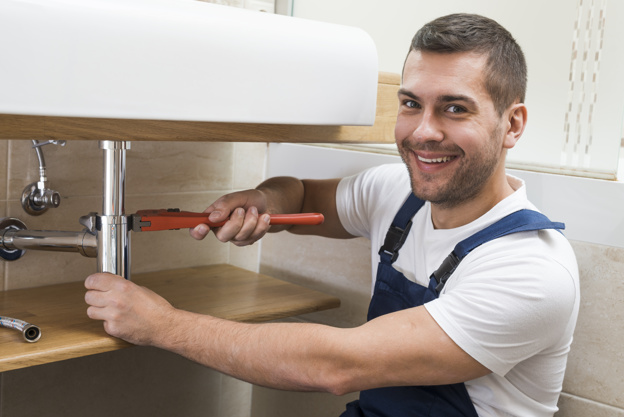10 Common Mistakes First-Time Renters Make
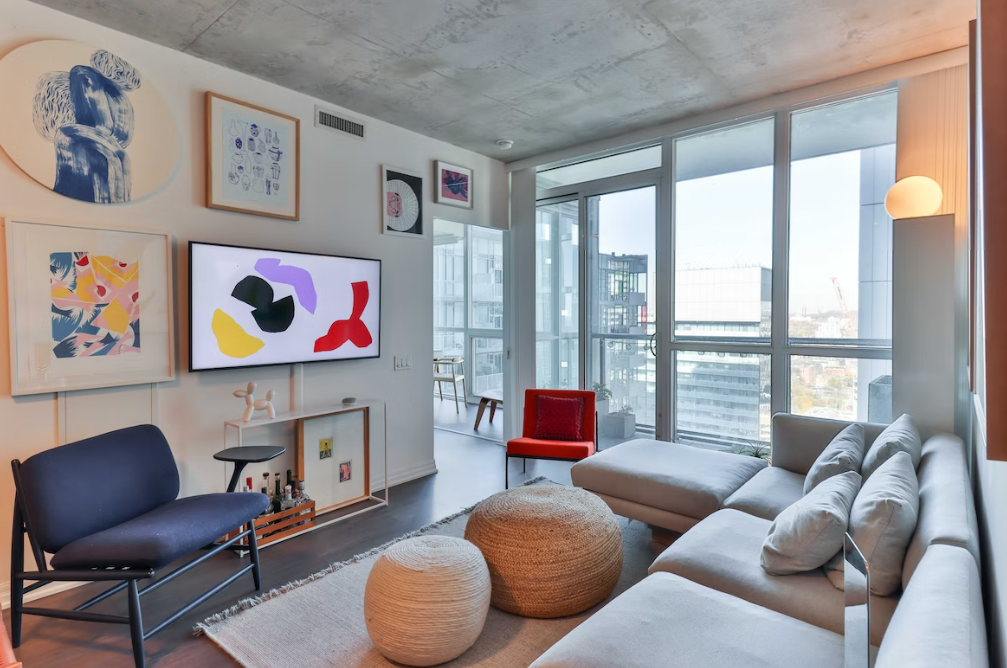
Looking for your first rental place can be an exciting yet daunting experience. Here are 10 common mistakes most people make!
Moving out for the first time means that you’ll be living independently, without your parents telling you what to do, which can be a big shift in your life, particularly regarding learning responsibility and self-reliance.
However, it’s essential to be careful because along with the excitement comes the possibility of making mistakes that could turn your freeing experience into a nightmare. You can ensure a smooth transition to your new place by evaluating potential risks and avoiding mistakes.
Let’s look at some of the most common mistakes first-time renters make.
Budgeting issues
One of the most critical issues for any first-time tenant is proper budgeting.
Many youngsters don’t know how much cheddar they will need to cover all the expenses associated with renting a new place. Therefore, they often make the mistake of saving enough only to cover the first month’s rent, which can be a big problem.
There are many additional expenses to consider, such as the rental deposit, bond cleaning, application fee, and other small expenses which could pop up unexpectedly.
While not every landlord requires the cumulative sum at once, it’s better to be safe than sorry. Always think ahead and save more than you think you’ll need.
Apartment viewing
Many first-time renters are so eager to move somewhere that they overlook the importance of viewing the apartment in person.
As a result, they may end up agreeing to rent a place that looks nothing like the pictures they’ve been shown online. This is a huge mistake that can lead to disappointment and regret.
To avoid this – always view potential apartments in person, which lets you identify problems and ensure you feel at home before moving in.
Another swell idea is to insist on a check-in report. In Melbourne, you can do that to avoid being blamed for any damage that was already present.
Rushed decisions
People in today’s fast-paced world frequently hurry to make decisions without considering the repercussions. This pertains to apartment rentals as well.
Many first-timers make rash decisions without thoroughly researching all available options beforehand. Remember to take your time to evaluate each location – compare price, size, and accommodations. This way, you ensure your chosen location is a good fit.
Not Asking Enough Questions
When looking for a rental apartment, ask the landlord about your concerns. Since this is potentially where you’ll be residing, you have a right to know everything about it.
Unfortunately, many young tenants do not inquire sufficiently. Always bring up issues – landlords may fail to mention them unless specifically requested.
Lease Agreement
The lease agreement is a crucial document that binds you to the place and the landlord. You must read and understand every clause written in it.
Often, these leases include rules and penalties for late rent and damage to the property. Knowing these things is critical, as the excuse “I didn’t know” does not work in court.
Additionally, make sure that the lease contains an accurate inventory report. The report should describe every piece of furniture, appliance, and any existing damage or defect.
Utility issues
When moving, you must think about many things at once: packing, documents etc. But sometimes people forget the most important thing: setting up the utilities. After all, moving into a new place and discovering no water or electricity wouldn’t be pleasant.
That’s why you should consider it while still signing the lease. Just ask the landlord if they are already set up, and if not – call the proper companies and ask them to cover it. Remember that most companies need a week or two’s notice.
Basic Necessities
When you lived with your parents, you had every kitchen and bathroom supply and nothing to worry about.
You used necessities like cooking utensils, plates, bowls, cutlery, and crockery daily, probably without even realising it. Don’t forget that you will also need those things in your new home, for if you don’t have them, you’ll definitely miss them.
So, carefully consider what you are going to need. Go through your new apartment room by room and write down what you must buy. Once done, you can go and get them or check if your mother has some spare ones lying around.
Making Changes
We know that it sounds great to be able to paint your room the colour you’ve always wanted, but your parents didn’t let you.
However, before going down that road, you should read your lease agreement first. It’s highly likely that it clearly states that before you make any big changes around the property, you must consult your landlord and see if they are okay with it.
And even if they are, they may ask you to repaint it again at the end of the lease and turn it back to the original colour. So, think twice before undertaking any large DIY projects. Remember that everything is described thoroughly in your full inventory report, and you will be held responsible for every change or damage beyond simple wear and tear.
Living with a Friend
Just because someone is a great friend doesn’t mean they will make for a decent roommate or know how to keep good hygiene.
Living with your bestie can be a terrible idea – it’s not the same as seeing them at school or a party.
Friendships often fall apart just because people decide to share a flat. They often aren’t aware of each other’s habits, and it just so happens that they’re not a good enough match to cohabit successfully.
Neglecting the Inventory Report
Another common mistake young renters make is neglecting the inventory report.
When renting a place, conduct a thorough inventory check to see the potential and current problems with the apartment. This could be of great help when the landlord decides to do an independent check-out report to see if everything is in place and good condition.
Without a comprehensive report, the landlord may blame you for everything broken or stained, and you may not receive your security deposit back when it’s time to vacate the property.
Document the apartment’s condition at the beginning of your tenancy, including any pre-existing damage or wear and tear. This will help you prove that any new damage was not caused by you and may help you recover your deposit.
Don’t be afraid to take photos and videos of the apartment’s condition before moving in, and ensure the inventory report is as detailed as possible. When moving out, consider an end of lease cleaning service for the best shot at getting your deposit back.
Takeaways
To sum up – renting a place for the first time can be an exciting but scary experience. First-timers make many common mistakes but can be easily avoided with proper planning and preparation. Make sure you:
- Have a hefty amount of savings in place;
- Take your time to compare options;
- See the apartment and ask questions;
- Read and understand the lease before signing it.
And don’t forget to document the apartment’s condition with a thorough inventory report.


